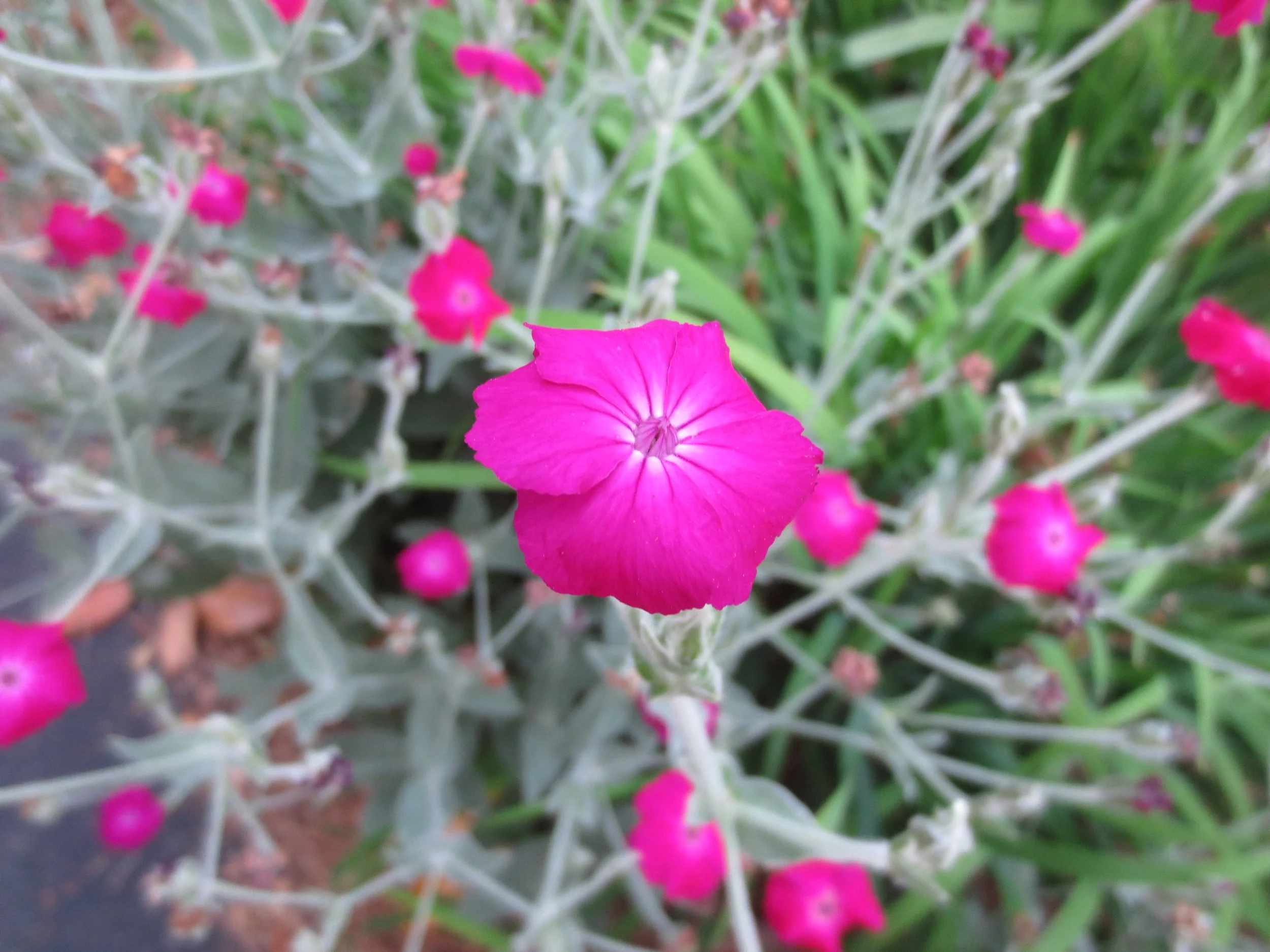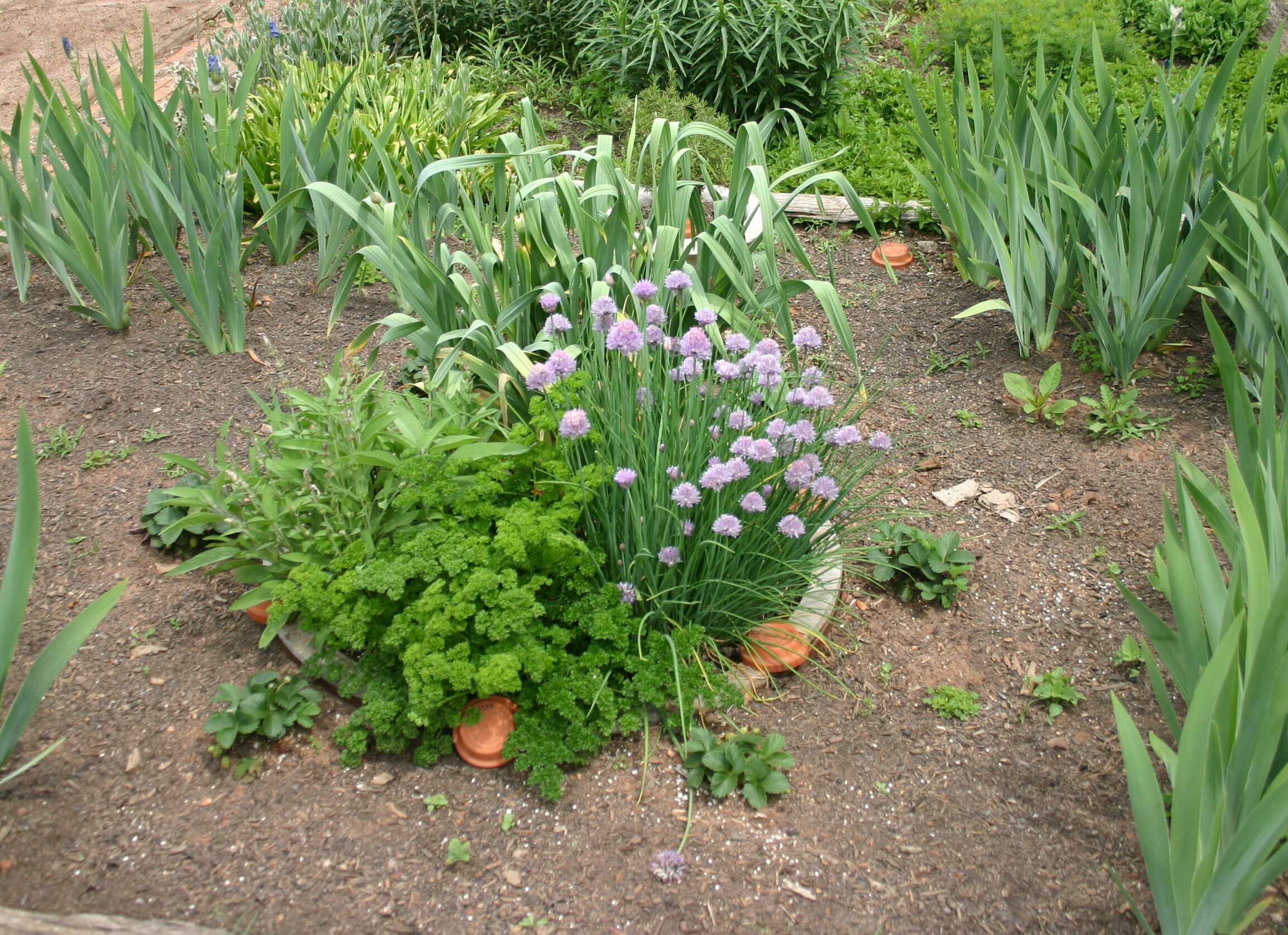The winter solstice this week marks the longest night of the year. Beginning December 22, daylight hours lengthen by a few minutes each day until the summer solstice in June marks the longest day. Like many of you, I am spending cold winter days indoors, perusing seed catalogs and waiting impatiently for the time to arrive when I can start tomatoes and peppers from seeds. It is difficult to resist my heated greenhouse’s alluring call to action.
It is too early to start most vegetables and summer annuals, but it is an ideal time to plan an herb garden. Two of my favorites, parsley and chives, take a long time to germinate and grow to decent size, so I can satisfy my seed-starting urges with these.
Parsley is finicky. Always start with fresh seed because they lose viability faster than most other seeds. I attain excellent germination by placing seeds in a waterproof container and pouring boiling water over them. I allow seeds to soak overnight before using tweezers to place them atop seed-starting medium, which is finer texture than potting soil. Use 4-6 seeds in each four-inch container. I featured curly parsley as a flower bed edging one year. It was very pretty – until hungry caterpillars moved in and annihilated it almost overnight. (It’s best to remind oneself that the caterpillars of today are the butterflies of tomorrow.) I prefer flat-leaf parsley for kitchen use.
One of my favorite designs for an herb garden is a wagon wheel. Metal lasts longer than wood, of course, but wooden wheels meant for decorative use are readily available and not expensive so you won’t mind replacing them when they rot. For the one pictured below, I removed half the spokes to make larger planting windows.
Labeling your herbs is not essential (you know what you planted) but is an attractive enhancement. Many plant markers are decorative as well as functional. My favorite ceramic markers lend humor to the garden: “Peakus Lastweekus,” “Plantum WhydIbuyem,” and “Twigga Mortis.” For the herb garden, I use small terra cotta saucers and a permanent black marker. (May God richly bless whomever developed the Sharpie Extreme, UV-resistant felt pen.) The coarse texture of terra cotta combines well with the unrefined exuberance of herb plants. Fill any gaps in the wheel with pansies or marigolds.
Small-stature herbs for the wagon wheel design: parsley, oregano, chives, garlic, dill, lemon balm, culinary sage, basil. Rosemary is my favorite herb for cooking and fragrance, but it grows large so should be planted where it has room to flourish. Innocent-looking mints are best confined to containers because they spread aggressively.
A lush herb garden, ready for harvest.
The initial planting of the herb wheel, in March.



